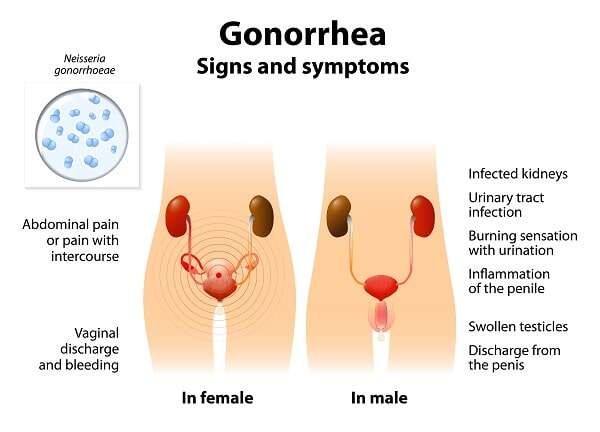A patient is intubated and placed on a mechanical ventilator. Which symptom indicates increased intracranial pressure?
Increased respirations.
Widened pulse pressure.
Prolonged capillary refill.
Decreased blood pressure.
The Correct Answer is B
Choice A rationale:
Increased respirations are not a specific symptom of increased intracranial pressure (ICP). They might occur due to other respiratory or metabolic issues.
Choice B rationale:
Widened pulse pressure (the difference between systolic and diastolic blood pressure) is a sign of increased ICP. It results from increased systolic pressure due to the body's attempt to compensate for the rising pressure within the skull.
Choice C rationale:
Prolonged capillary refill is indicative of decreased peripheral perfusion or shock, which can be caused by various factors but is not directly related to ICP.
Choice D rationale:
Decreased blood pressure is not a consistent symptom of increased ICP. In fact, widened pulse pressure is more characteristic.
Nursing Test Bank
Naxlex Comprehensive Predictor Exams
Related Questions
Correct Answer is B
Explanation
Choice A rationale:
Inflammation and edema of the scrotum is not a typical symptom of gonorrhea. Scrotal involvement is more commonly associated with conditions like epididymitis.
Choice B rationale:
Painful urination with yellow urethral discharge is a classic symptom of gonorrhea. The infection affects the genitourinary tract, causing discomfort during urination and a characteristic purulent discharge.
Choice C rationale:
Maculopapular rash in the genital area is not a typical presentation of gonorrhea. This type of rash might be seen in other infections, such as syphilis.
Choice D rationale:
Red, hard lesion on the penis is not a common manifestation of gonorrhea. This description more closely matches the appearance of a primary syphilis chancre.

Correct Answer is D
Explanation
Choice A rationale:
X-linked dominant disorders are characterized by a mutation on the X chromosome that results in the expression of the trait in both males and females. Hemophilia, however, is more commonly associated with males, which is not consistent with an X-linked dominant pattern.
Choice B rationale:
Autosomal recessive disorders require the inheritance of two mutated alleles, one from each parent, to express the trait. Hemophilia does not follow this pattern, as the patient's sisters do not have the condition despite having affected parents.
Choice C rationale:
Autosomal dominant disorders only require the inheritance of one mutated allele from an affected parent to express the trait. Hemophilia does not align with an autosomal dominant pattern, as the patient's sisters would likely be affected if it were.
Choice D rationale:
Hemophilia is a classic example of an X-linked recessive disorder. The gene responsible for producing clotting factor is located on the X chromosome, and males have only one X chromosome, making them more susceptible to the disorder. Females, with two X chromosomes, usually act as carriers unless both X chromosomes carry the mutation.
Whether you are a student looking to ace your exams or a practicing nurse seeking to enhance your expertise , our nursing education contents will empower you with the confidence and competence to make a difference in the lives of patients and become a respected leader in the healthcare field.
Visit Naxlex, invest in your future and unlock endless possibilities with our unparalleled nursing education contents today
Report Wrong Answer on the Current Question
Do you disagree with the answer? If yes, what is your expected answer? Explain.
Kindly be descriptive with the issue you are facing.
